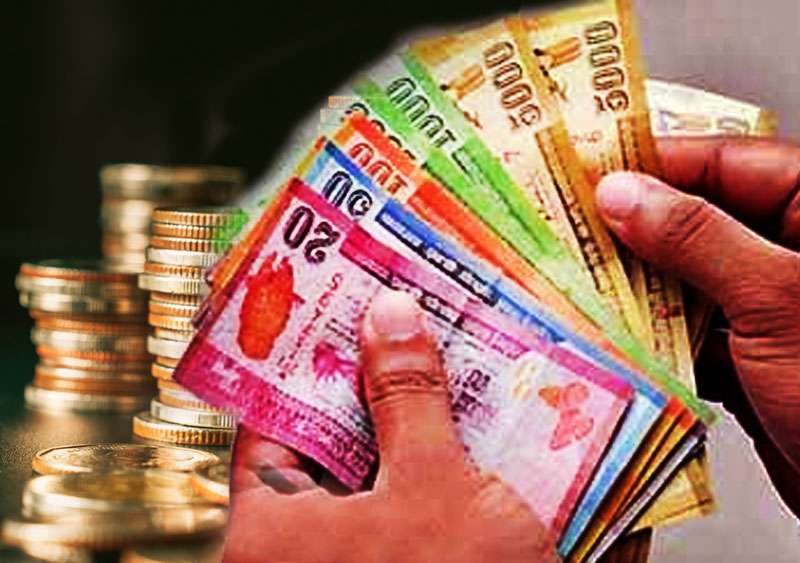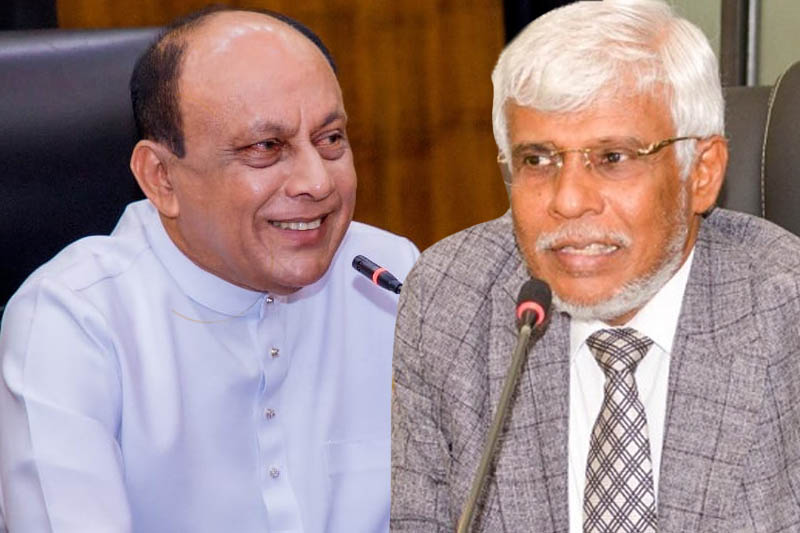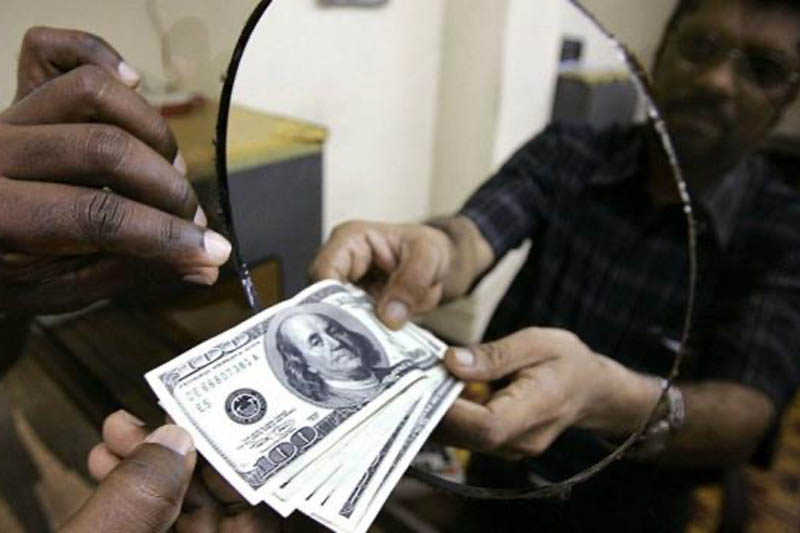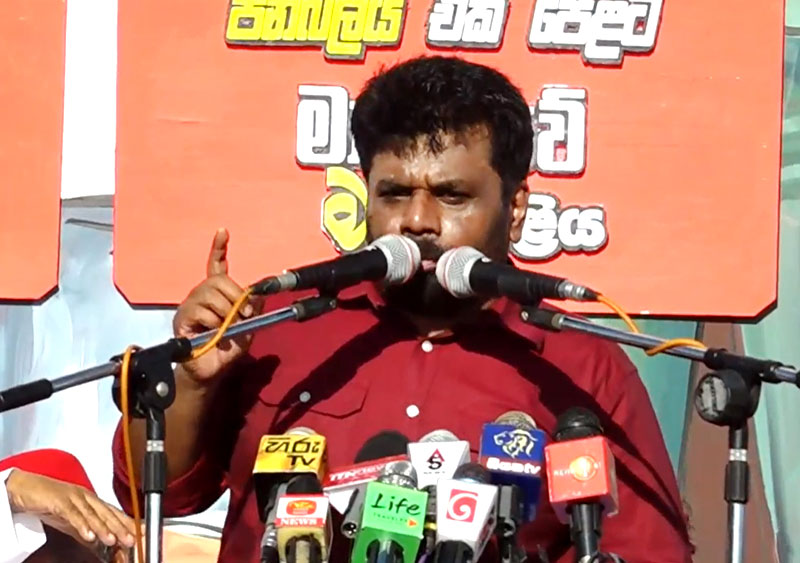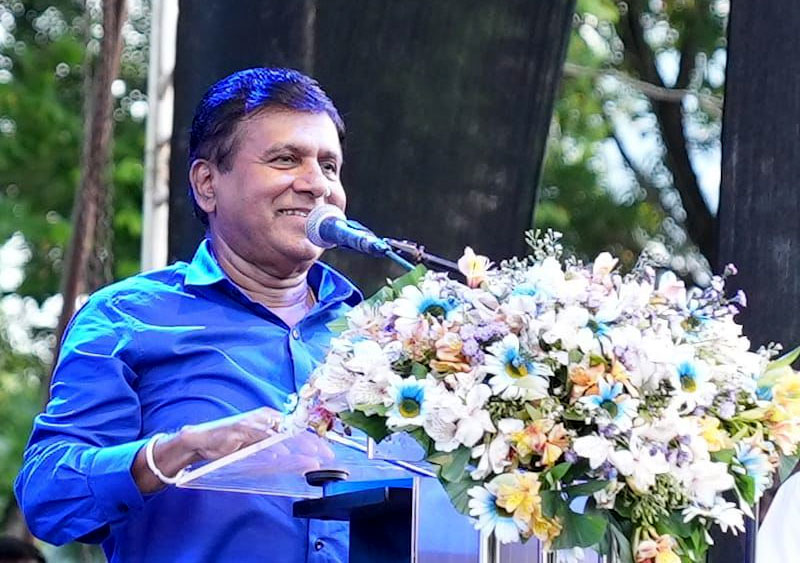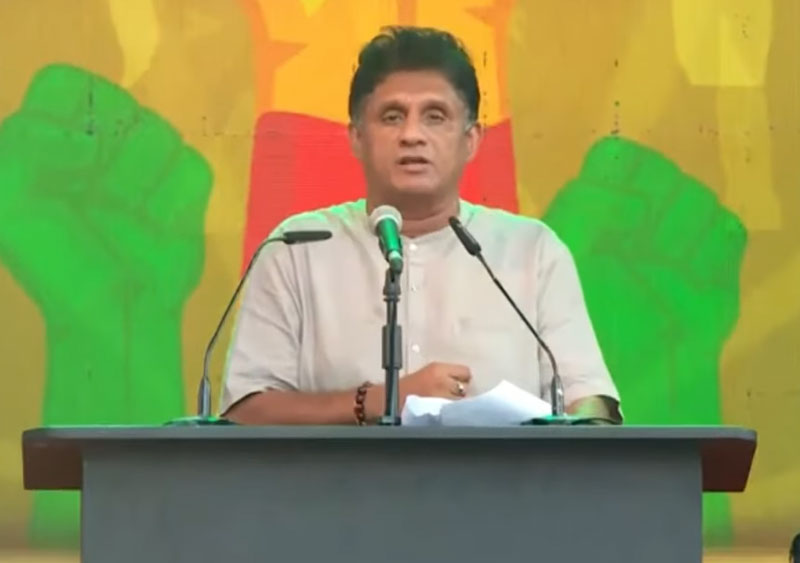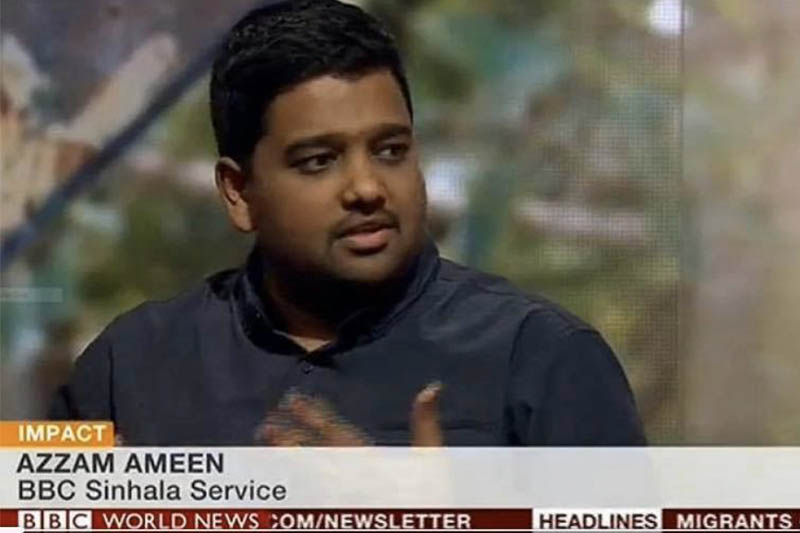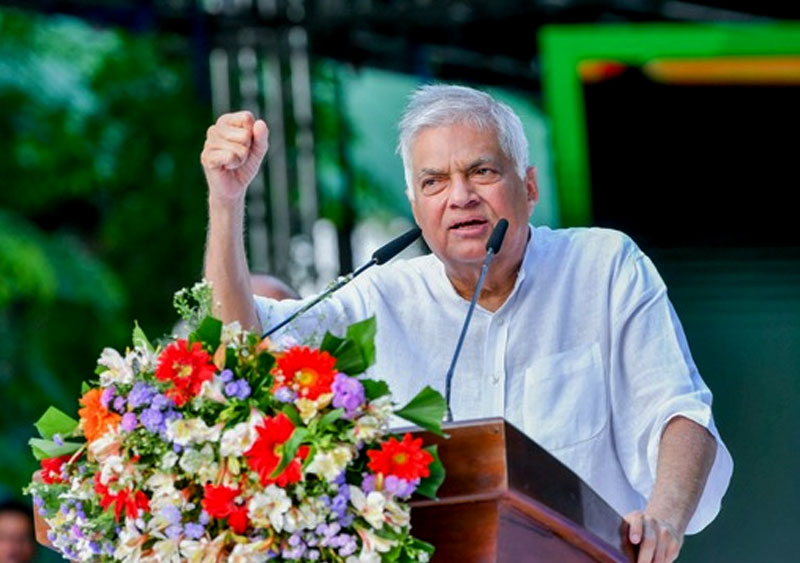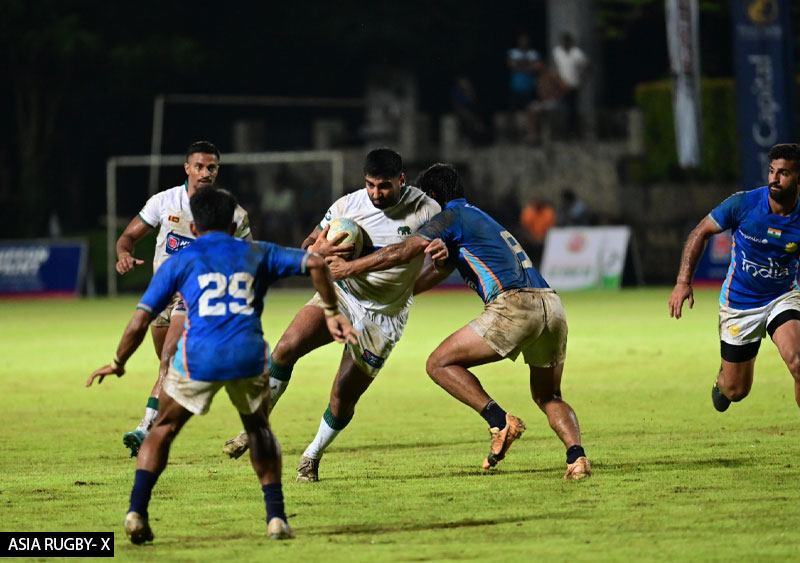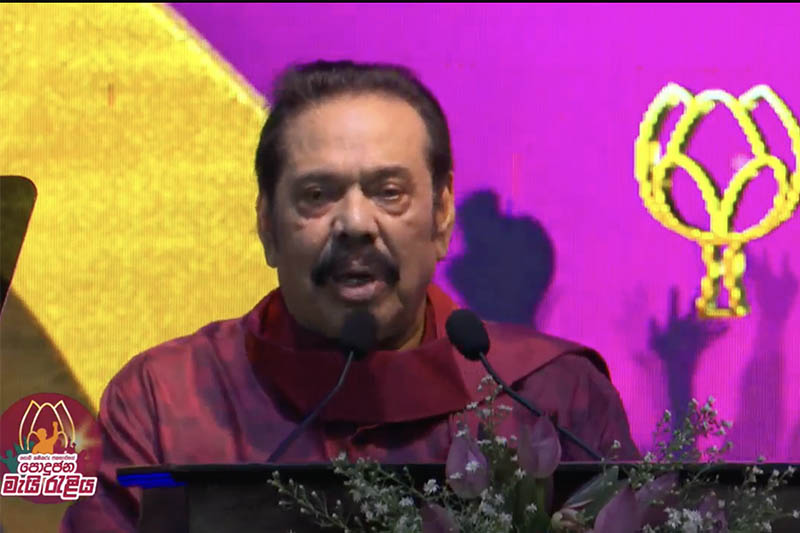Sri Lanka has over Rs.1.1 trillion worth of currency notes and over 67% of them are among public and are not in circulation, said General Manager/Chief Executive Officer of LankaClear, Channa De Silva.
He said that according to the Central Bank Q 3 figures out of Sri Lanka’s total currency notes, only Rs. 281.4 billion are banked. “A staggering Rs. 828.7 billion is not in circulation and is being kept by people in either safety boxes or in their personal care.”
“As per regional statics, ‘cash costs’ for printing money accounts to around 1.5% of GDP to an economy,” he said at a special event held to create awareness to the entire financial sector towards countering social engineering attacks and financial scams with a nation level public awareness campaign.
This was done on the direction of the National Payment Council of the Central Bank and Sri Lanka’s National Payment Network, (LankaClear) partnering with Sri Lanka’s Banks’ Association, SL CERT, FinCSIRT and the initiative funded by the International Finance Corporation and the campaign will be carried out island wide.
“This campaign will no doubt meet a long-felt need towards apprising the general public on financial frauds which has grown in numbers and complexity to an alarmingly high level over the last few years.”
He said that digital transactions among people have increased steadily. He said that in 2022 and 2023 up to now Rs. 24.1 trillion and USD 922 million transactions were facilitated via connecting 30 banks and 27 Non Banking financial institutions. Real time payments to government institutions amounted to Rs. 591.53 billion. “In addition 32.5 million cheques to the value of Rs. 9.9 million were cleared.
Over Rs. 89 million interbank ATM transitions amounting to Rs. 1.08 Trillion in value were facilitated. He said that there are also few incidents where hackers and fraudsters have taken money from users and on average around 130 takers are reported each month.
“But sadly the defense and recovering money from such crimes is still very low in Sri Lanka. It’s not because there aren’t adequate laws but there are delays in executing them. True we see a gap here.”
Director Payments and settlement Central Bank, Vasantha Alwis said that up to now the most secured system to prevent such incidents is the One Time Password (OTP) , the temporary, secure PIN-code sent via SMS or e-mail that is valid only for one session. “This like the bank or credit card PIN should never be given to anyone.”
(dailynews.lk)

